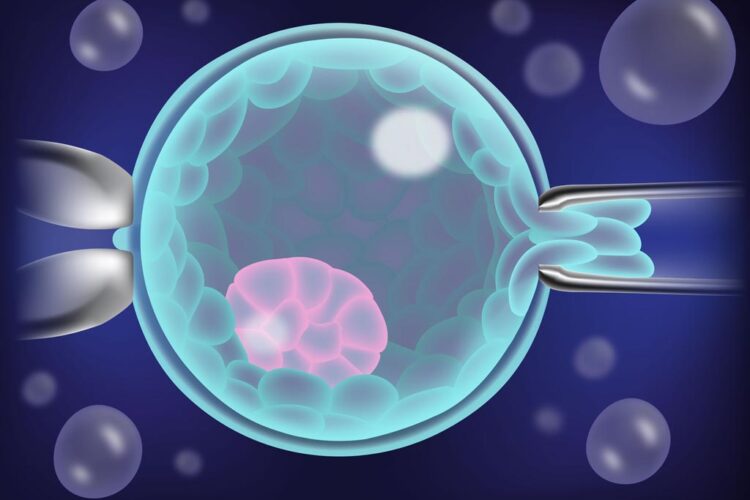Preimplantation Genetic Testing (PGT) is the process of detecting various types of genetic abnormalities in the embryo created in the Invitro fertilization. This testing process is conducted in the embryo before it transfers to the uterus of the recipient. These genetic abnormalities include a missing chromosome (like down syndrome ), rearrangement of genes, or single gene disorder (like sickle cell anemia) that can cause birth defects or pregnancy loss. The main goal of PGT is to transfer a healthy embryo that is free from certain types of genetic disorders for a successful pregnancy. There are three types of PGT to test a range of genetic disorders in the embryo. They are the following – PGT-A, PGT-M, PGT-SR.

Pre gestational Testing
Preimplantation Genetic Testing (PGT) is the process of detecting various types of genetic abnormalities in the embryo created in the Invitro fertilization. This testing process is conducted in the embryo before it transfers to the uterus of the recipient. These genetic abnormalities include a missing chromosome (like down syndrome ), rearrangement of genes, or single gene disorder (like sickle cell anemia) that can cause birth defects or pregnancy loss. The main goal of Pre gestational Testing is to transfer a healthy embryo that is free from certain types of genetic disorders for a successful pregnancy. There are three types of PGT to test a range of genetic disorders in the embryo. They are the following – PGT-A, PGT-M, PGT-SR.
1. PGT-A
PGT – A is a method of screening an embryo for a certain type of genetic disorder. Human embryos consist of 23 pairs of chromosomes. Each pair of chromosomes is contributed by both egg and sperm. If the embryo consists of an extra chromosome or less chromosome, it results in aneuploidy genetic disorder. Thus, embryos with aneuploidy disorders will result in the failure of IVF. Thus, doctors use PGT-A to ensure a healthy embryo is transferred to the uterus of the woman.
2. PGT –M :
Pre gestational Testing for monogenic disorders (PGT-M) , is a genetic test for confirming that the embryo has no risk of inherited genetic disease. PGT-M involves testing embryos created in IVF and transferring healthy embryos. The main aim of PGT-M is to prevent transferring hereditary diseases from parent to child. The PGT-M testing varies based on the inherited disease.
3. PGT-SR :
Preimplantation Genetic Testing for Structural Rearrangements (PGT-SR) detects chromosomal rearrangements in embryos such as abnormal in size or in the arrangement of chromosomes. chromosomal structures are important because they hold the genetic material. These types of abnormalities in chromosomes will lead to unsuccessful IVF treatment. Thus, PGT-SR helps to transfer the embryo that contains the correct amount of chromosome material that will have higher chances of a successful pregnancy.